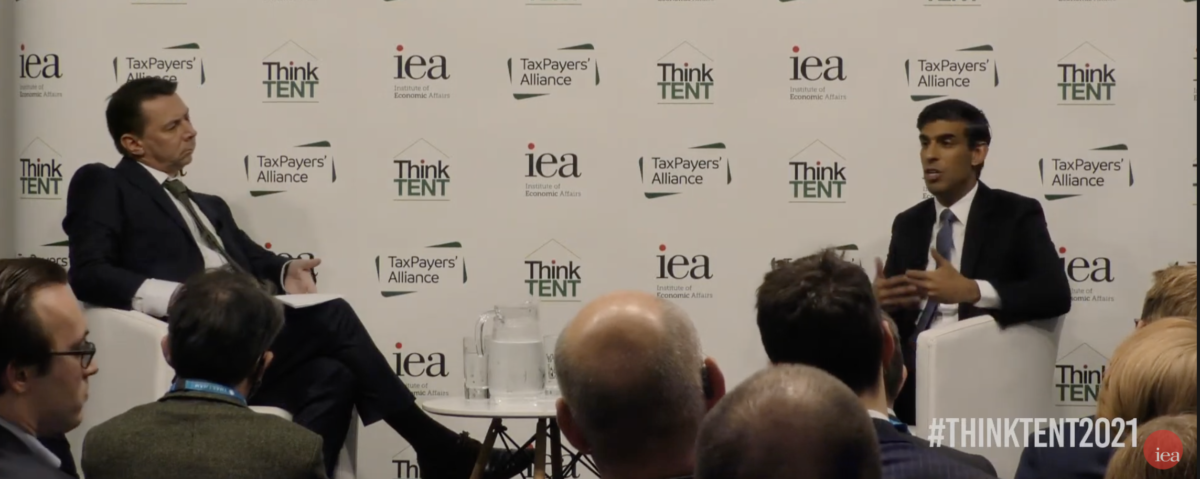Why free speech matters
SUGGESTED



- Politicians and activists seek to further limit the right to free speech by extending hate speech laws and placing new legal constraints on the speech that can be posted on social media platforms.
- The Online Safety Bill is now before the UK parliament and several American politicians, including President Biden and former President Trump, have called for the revision or abolition of Section 230 of the Communications Decency Act (1996), which protects social media companies from being treated as publishers.
- Those who prize free speech must once again defend it. The central task of any defence of free speech is to explain why some limitations on speech, such as prohibitions on inciting crime and on fraud, are justified while others, such as those banning heresy or the expression of offensive ideas, are not.
- This short book argues that restrictions on speech are warranted only if they prevent harm without interfering with the primary means by which speech benefits society: namely, promoting the growth of knowledge and providing a bulwark against tyranny.
- The familiar and uncontroversial legal restrictions on speech – perjury, fraud and incitement to crime – pass this test. They do not impede the acquisition of knowledge. Nor do they prevent the powerful from being held to account. Laws against defamation are a borderline case.
- Laws aimed at preventing the expression of ideas deemed dangerous (for example, because they might increase the chance of racist murder) do not pass the test. Important new ideas are often considered dangerous. Banning their expression will inhibit the growth of knowledge. And politicians will use the power to ban the expression of dangerous ideas to protect their own power.
- Laws aimed at protecting people from being offended also fail the test. Important new ideas are often offensive to people whose worldview they challenge. Prohibitions on offensive speech thus inhibit the growth of knowledge. And ideas that challenge those in power can also be offensive, meaning that restrictions on offensive speech can be used to protect the powerful.
- Offence is not, in any case, the social harm it is taken to be, because many people enjoy being offended. They are offence masochists.
- No law that prohibits speech merely on the basis of the idea expressed can pass the test proposed in this book. So no such law should be passed. This is a simple ‘limiting principle’ that should guide legislators and judges.
- This principle must be applied without compromise. Politicians and bureaucrats cannot be trusted to exercise any discretion. In the absence of a rigidly applied limiting principle, politicians are placed at the top of a slippery slope of speech restrictions that self-interest gives them reason to slide down.
Fullscreen Mode




